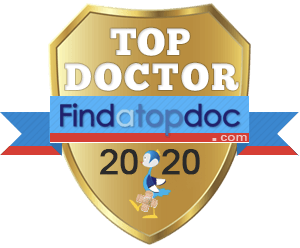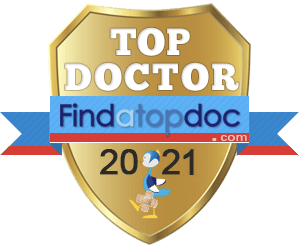Nutrigenomics
SHARE
The Next Step in Personalized Medicine
Many people blame their genes for having an increase risk to a disease because it “runs in the family”, or not gaining weight after eating a lot of fried foods, because “it’s in my genes”. What if we could impact our genes by changing our actions, such as changing the foods we eat or making environmental/lifestyle changes rather than basing our outcomes on what was given to us at birth? This change could have a greater impact on how we prevent and treat diseases and is the next step in personalizing medicine.
What is Nutrigenomics?
Nutrigenomics is a field of science intersecting personalized nutrition with genetics and is the future of individualized healthcare. It examines how our food intake affects our genes function and how our genes respond to certain nutrients. In addition, there is epigenetics which considers how our environment, exercise and other lifestyle changes affect gene expression.
According to the UC Davis NCHMD Center of Excellence for Nutritional Genomics, there are five tenets of nutrigenomics, which can be summarized as:
- Diet can be a serious risk factor for a number of diseases;
- Common dietary chemicals can act on the human genome to alter gene activity or gene structure;
- How much someone’s diet dictates whether they’re healthy or sick may depend on an individual’s genetic makeup;
- Some genes that are regulated by diets—and even their normal, common variants—likely play a role in the onset and progression of chronic diseases, along with how severe they become; and
- Using a personalized approach to a person’s diet, based on their nutritional requirements, nutritional status and their genotype can prevent, mitigate or even cure chronic disease.
Benefits of Nutrigenomics
Diet recommendations will be personalized to each individual
Dietary guidelines are based on large-scale studies and are typically “one size fits all” approach. While broad recommendations may work for many people, there are some people that will not see any benefit. With nutrigenomics, genetics can be analyzed to determine how an individual’s body is impacted by the foods they consume and be specific for them.
Supplement/prescription recommendations will improve
The body is not only reactive to different foods, but also to supplements and prescription medications. Especially with prescription medications, adverse or beneficial effect to the medication can be determined, and if there will be one, adverse reactions can be prevented from occurring. With a nutrigenomic analysis, treatment plans can be personalized based on genes.
A Nutrigenomic Consultation
There are 700,000 individual genetic markers called SNPS (single nucleotide polymorphism) which can determine predisposition for certain diseases. Analyzing genetic makeup using raw genetic data from 23andme and running it through Opus23 software, data can be translated into clinically relevant and important information that can be used to institute preventive or therapeutic actions. Analysis is performed to determine risks towards gastrointestinal, neurological, oncological, mental-emotional diseases, as well as, predispositions towards nutrient deficiencies and any possible negative or positive pharmaceutical reactions. Specific nutrients, herbs and foods will be also determined that can impact one’s genetic makeup.
Patients receive a personalized printout of their genetic analysis that will consist of:
- Basic genetic overview
- General blood type information
- Genetic exploration of one’s DNA to determine what mutations are present
- Preventive analysis to determine what disease are susceptible
- Prescription medication side effect/benefit to see how the body responds to certain drugs
- Food analysis to determine which foods are beneficial or problematic
- Environmental analysis showcasing causative factors of disease
- Supplement protocol based on genetics
Other Helpful Posts








